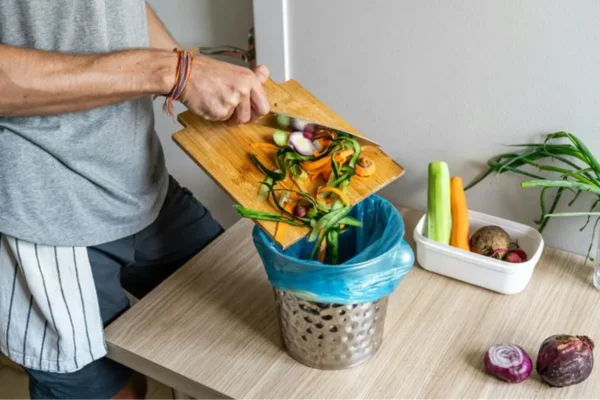Sustainability and behavior change
Get the latest consumer insights on UK EV adoption trends and strategies to engage the early majority.

Originally published by WRAP
WRAP is dedicated to exploring a variety of avenues to reduce household food waste. Previous research undertaken by WRAP revealed a significant connection between separate household food waste collection services and reduced levels of food waste arising. This qualitative research explores the behaviours and relationships that people have with food waste recycling in the home to better understand how it can be a way of helping people to waste less.
In WRAP’s pursuit of circular living, one of the critical challenges we face is household food waste. Partnering with SKIM, we explored how behavioral insights can inform strategies to reduce food waste, particularly using recycling services. In the context of recycling reforms in England, we see a significant opportunity to increase this behavior but also enhance awareness and drive household food waste reduction. The insights gained from this study continue to guide our initiatives to achieve these goals.
– Mark Roberts | Senior Specialist Behavior Change | WRAP
The research highlighted key opportunities to help reduce food waste through the recycling system including:
If you’d like to learn more, visit WRAP to download the report.